From the notes from the black underground collection: From launching Arm the Spirit, the first revolutionary prison newspaper, to co-founding the Jericho Movement, Black Panther Party & Black Liberation Army veteran, Jalil Muntaqim details stories of resisting empire and organizing for a new world.












